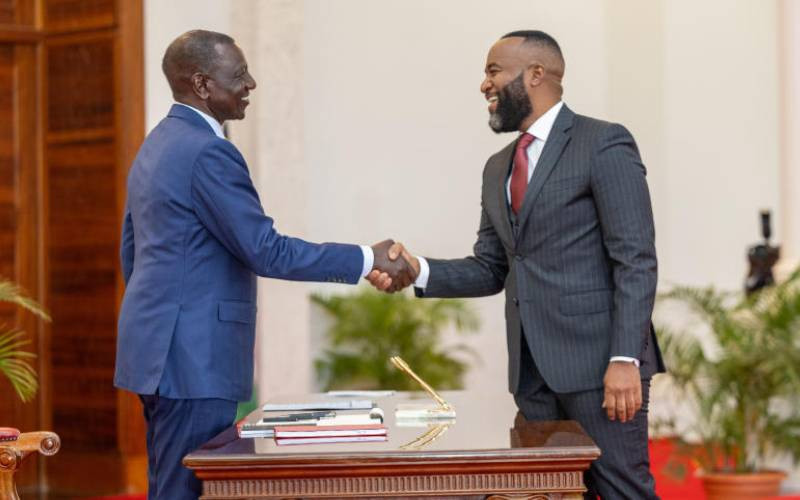×
The Standard e-Paper
Kenya’s Boldest Voice

Before promulgation of the 2010 Constitution, cabinet ministers were elected Members of Parliament. This changed with the provisions in the Constitution requiring Cabinet Secretaries to have relevant skills and qualifications and be from outside Parliament.
This followed public dissatisfaction and demands for more technically qualified experts with management and strategic leadership credentials. The public also demanded that MPs focus on parliamentary work and on representing their constituents.